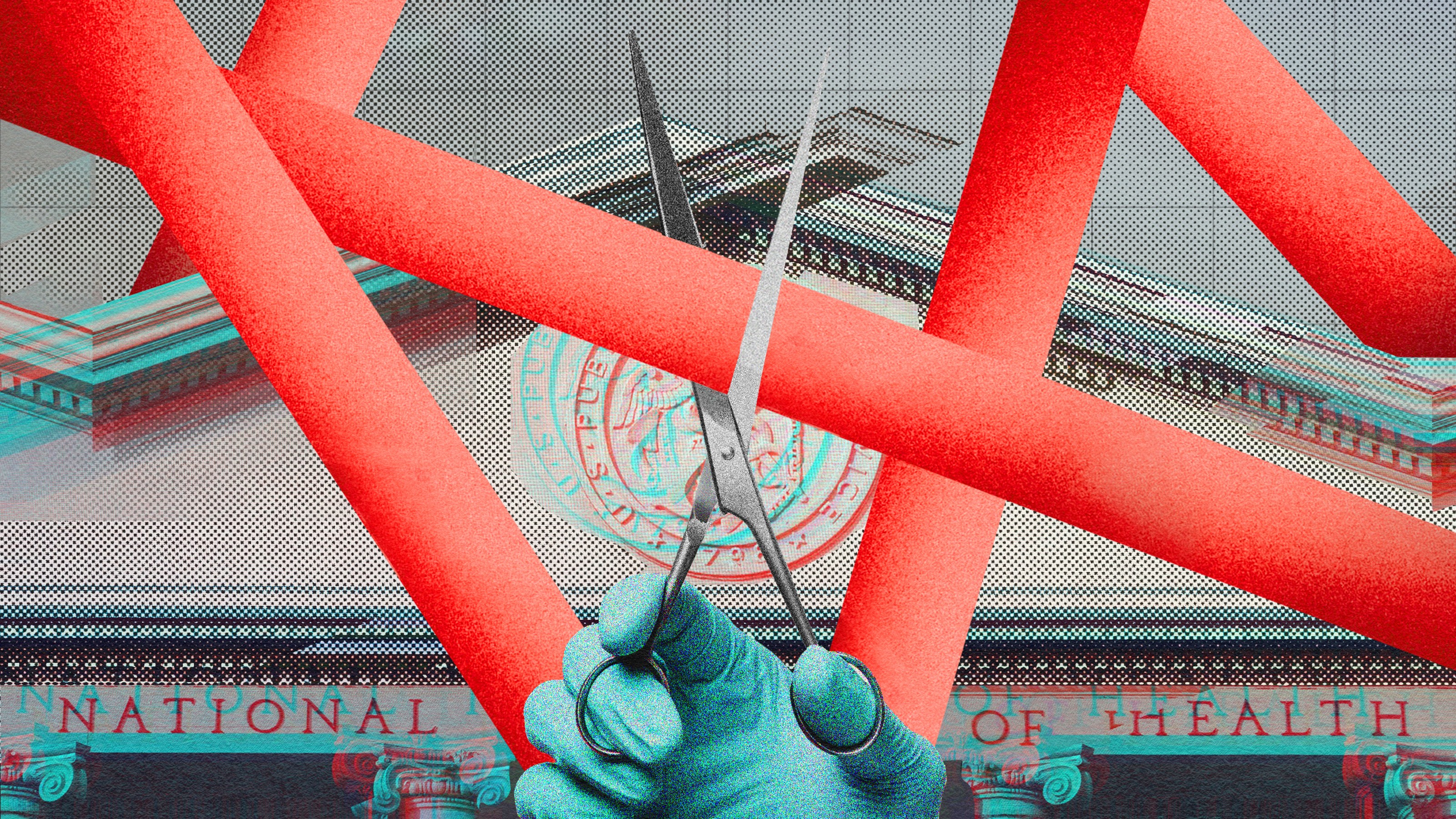Although some may sympathize with some al-Qaeda’s goals, says Cruickshank, they draw the line at killing people.
Pau; Cruickshank: Well I think the . . . Hmm, yeah. Those are two different things, so I mean . . . Britain had a real problem in the 1990s because it basically allowed a number of radical clerics, especially four very key clerics to operate within the country. … was one of them; another; …another. And these clerics were allowed to operate; to give sermons; to radicalize youngsters; to travel up and down the country; address thousands of followers. And some of those followers then joined up with Al Qaeda, became involved with suicide bombings, and caused real problems for the British authorities in the period afterwards. And certainly by either expelling some of them or imprisoning others of them, that problem has been reduced. The radicals now have been driven much more underground into the United Kingdom, which poses all sorts of other concerns. But at least there isn’t this radical message being put out in the open anymore in the UK. And so that has changed the climate to a degree in the United Kingdom, and you’re starting really to see a pushback against the radicals amongst all sorts of constituencies in the Muslim community. People who once had some sympathy with (01:00:57) some of Al Qaeda’s goals in the very least are now going around mosques and they’re saying, “Don’t be any part of this. This ideology is not Islamic.” So you’re seeing people who were once involved with some of these movements now turning against them, and a sort of push back happening against the radicals. And the key was the July 7, 2005 Al Qaeda attack on the London subway system which really woke up a lot of the Muslim community in Britain to the threat of Al Qaeda; and turned some people who had at least a little bit of sympathy with what some of what Al Qaeda was doing around the world, and certainly Iraq and Afghanistan, away from the organization. It was the sort of polarizing event. It really turned the vast majority of Muslims fully against Al Qaeda and the country. But of course of the people who were already radicalized, some of them became even more fervently radicalized by that event . . . energized by that event. Certainly the four suicide bombers amongst the small radical fringe are seen as heroes. I’ve had people come up to me and say, “…is a blessed martyr.” You know, “He’s gonna go to paradise.” They see him as an example. Some of them unfortunately might want to follow in his footsteps. But for the vast majority of Muslims, and even for some Muslims who have some sympathy for some of Al Qaeda’s goals, that was an event that made them wake up and turn against the radicals. So July 7th was very important in London in really starting off an opposition against this ideology and changing the climate.
Recorded on: Jan 14 2008





